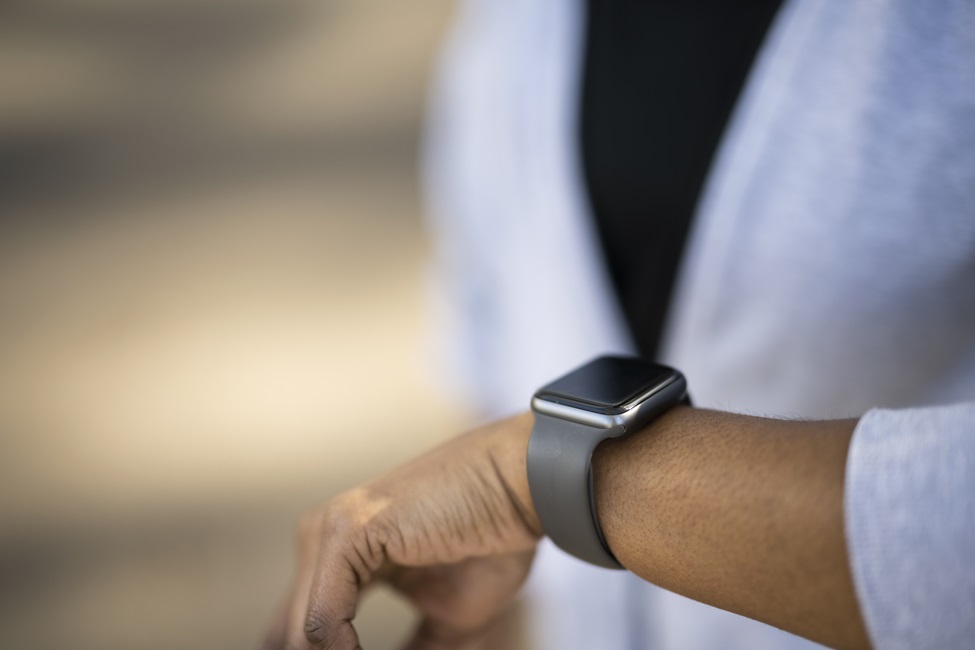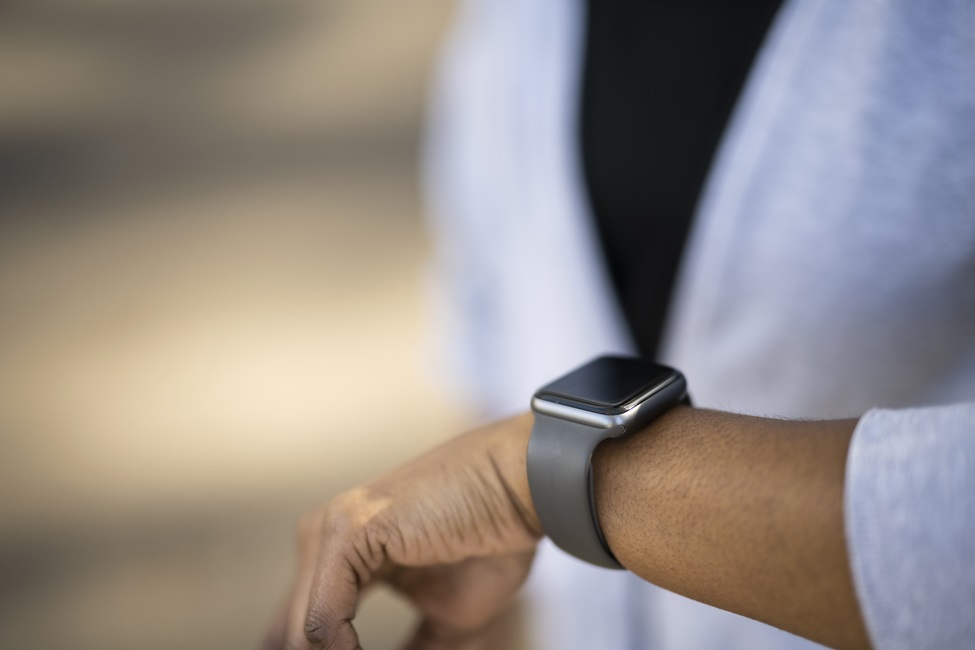Generations ‘Sync’ Up in Rural Florida to Boost Health Tech Use
As mobile technology becomes increasingly vital for supporting older adults, initiatives that encourage its adoption are crucial. Older adults, particularly those in rural areas with limited digital access or literacy, are often unfamiliar with health-tracking devices. To bridge this gap, researchers from Florida Atlantic University’s (FAU) Christine E. Lynn College of Nursing, along with collaborators, implemented a pilot study in the “Glades,” a rural community near Lake Okeechobee in South Central Florida.

The community-driven study focused on encouraging older residents (ages 53 to 84) to embrace health-tracking devices and assess everyday brain health behaviors. Researchers used an ecological momentary assessment (EMA) to deliver health-related survey questions via a smartwatch four times daily. Questions included, “In the past two hours, how much social contact have you had?” and “How physically active have you been?” Participants also completed paper-and-pencil assessments for cognition, health literacy, and technology competence. The researchers aimed to explore the connections between these screening measures and smartwatch usage.
Results, published in Educational Gerontology, showed that 91% of older adults engaged with the smartwatch prompts, with an overall response rate of 77.8%. Notably, factors like health literacy, technology self-efficacy, and self-reported cognitive status did not influence response rates. Social contact was positively associated with physical activity, mental engagement, and a perception of having a “sharp mind,” highlighting the importance of social engagement for brain health.
The training process and use of smartwatches proved effective for participants with varying technology and health literacy levels. “Our study created a win-win situation for everyone involved: older adults gained new skills in using wearable technology to monitor their health, while high school students had the opportunity to learn processes for conducting meaningful research and develop valuable skills,” said Lisa Ann Kirk Wiese, Ph.D., senior author and associate professor at the Christine E. Lynn College of Nursing.
For this study, participants wore the smartwatch for a minimum of two weeks and received a ringtone and vibration alert for each prompt. High school students (ages 15-19) trained participants on using the smartwatches. Students assisted with setup, including charging the watch and understanding prompt timings, and also provided ongoing support. Prior to using the smartwatches, faith-based health educators administered surveys, often with the assistance of the high school students.
Students expressed gratitude for the opportunity, with many seeking further research positions or scholarships, valuing the chance to add this experience to their resumes. All participants agreed that they likely would not have used a smartwatch without the students’ guidance. Participants with more education found wearing the smartwatch particularly enjoyable. For those with less education, more hands-on training was needed. Students gained skills like patience and empathy, along with a sense of responsibility and open-mindedness. “High school students don’t just teach older adults about mobile health – they also gain invaluable skills and insights themselves,” Wiese explained. “These experiences not only prepare them for future careers but also foster a deep appreciation for the power of digital health in their own lives.”
Through community-based participatory research, the FAU nurse-led team has collaborated with stakeholders over the past 10 years to improve care for older adults in this region. Study co-authors include Catherine Luna, Department of Psychology, Washington State University; Diane Cook, Ph.D., Regents Professor, School of Electrical Engineering and Computer Science, Washington State University; Bryan D. Minor, Ph.D., School of Electrical Engineering and Computer Science, Washington State University; and Marueen Schmitter-Edgecombe, Ph.D., Department of Psychology, Washington State University.
This research was supported by the National Institute on Aging of the National Institutes of Health and the National Science Foundation.


